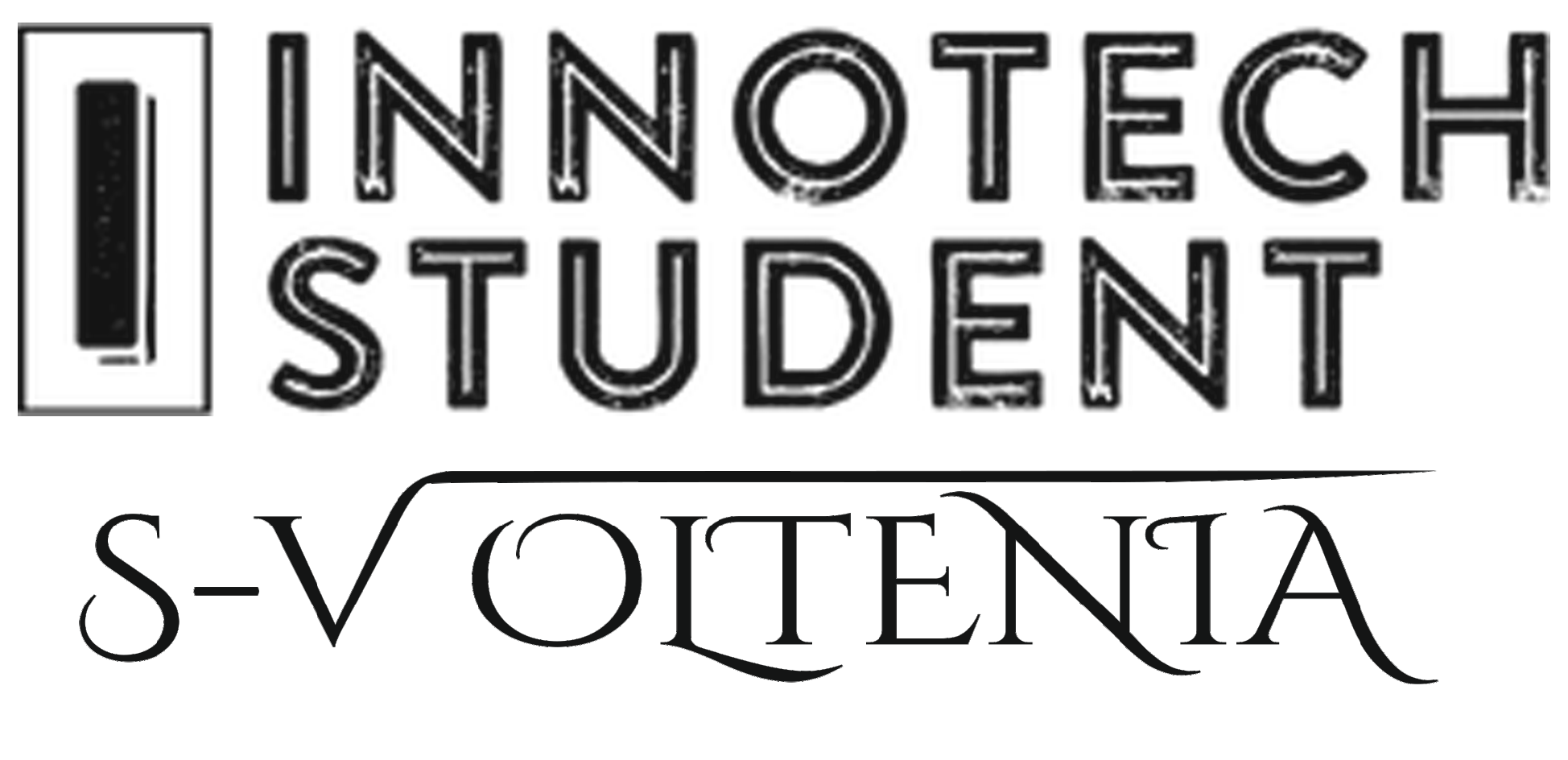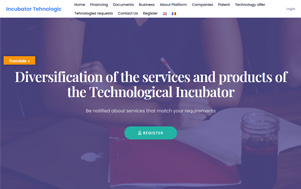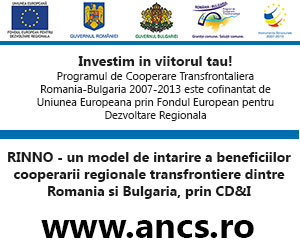|
Regional approach towards FP6. Network of contact points in large ACC and Member States
Regional approach towards FP6. Network of contact points in large ACC and Member States - REGinNET The Project have 3 objectives: 1. establish cooperation links between large Accession countries and Member States through : - exchange of experiences, - creation of a learning community - and development of common standards and tools in their work 2. strengthen bilateral cooperation between ACC Regions and Member States by fellowships -learn how the work is organised -to include partners in proposals - to encourage potential proposer to invite Polish partners 3. raise awareness in the regions of FP6 priorities - to show that there is huge uncovered research potential - to include participants in events from other ACC countries and MS -to teach potential proposers how to write CRAFT and RTD proposals There are 3 types of problems encountered during the work as Contact Points for EU FPs. 1. Problem with adequate information and networking possibilities in large ACC 2. The need of enhancement of methods of work in ACCs regions 3. The problem of potential proposers from ACC regions to obtain information and find good contacts 1. Problem with adequate information and networking possibilities in large ACC In large Accession Countries the work of NCP must be supported regionally in order to reach larger research community. The most developed network of contact points exists in Poland with coherent structure of 10 regional, 50 branch and 200 local contact points, but also in other large ACC. There are regional institutions whose mission includes provision of information and assistance to potential participants such as Euro info Centres, Technological Parks, Chambers of Commerce, etc. Regional Contact Points or other support organizations have an important role as an intermediary level in the structure giving day to day advise and organisisng information days. Unfortunately as they are not NCPs they cannot come to Brussels for specialized trainings and infodays organised by the Commission for the National Contact Points. They lack of direct contact to the info on thematic priorities. First of all they must relay on information about the calls, rules, etc by viewing the Cordis base only. Secondly they cannot make contacts with other National Contact Points in order to include the participants from the regions to the projects submitted by foreign partners, since RCP are unknown to NCPs as sufficient and skilled liaison institutions. The other problem is ACCs are still newcomers to the framework programmes (participating from 1999) compared with Member States that take part in Framework Programmes since 1984 so they have well established methods of work, specialized tools and networks. They know each other and meet regularly and exchange information and experiences. Those institutions – regional contact points needs:
More informations |






